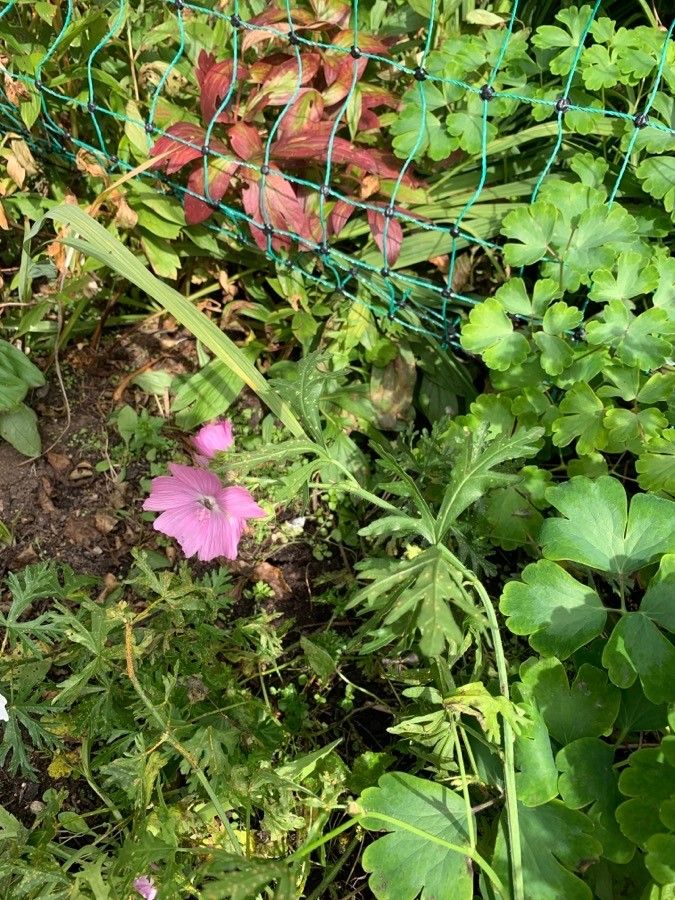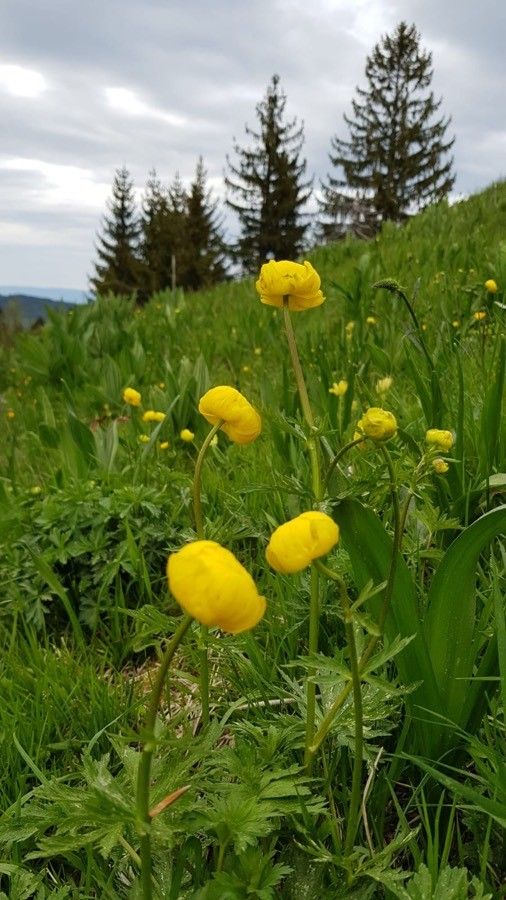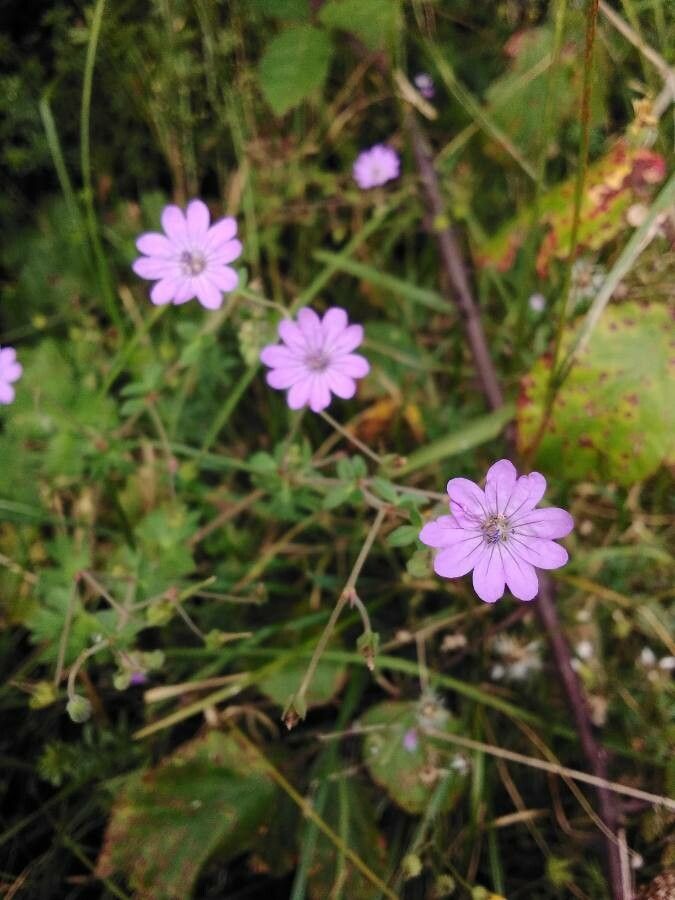## Greater Musk Mallow: A Gardener's Delight
The Greater Musk Mallow (*Malva moschata*), a member of the Malvaceae family, is a charming and easily grown perennial boasting delicate, fragrant flowers. Its captivating beauty and relatively low-maintenance nature make it a popular choice for both novice and experienced gardeners. This comprehensive guide will equip you with all the knowledge you need to successfully cultivate this delightful plant.
### Habitat and Growth
Native to Europe and parts of Asia, Greater Musk Mallow thrives in a variety of settings, making it incredibly adaptable. It's often found in meadows, pastures, and roadsides, indicating its tolerance for different soil conditions. This resilient plant typically grows to a height of 1 to 3 feet (30-90cm), spreading gracefully to create a charming ground cover or border plant.
### Sun Exposure and Soil Needs
Greater Musk Mallow prefers a location with full sun to partial shade. While it tolerates some shade, optimal flowering occurs when it receives at least 6 hours of sunlight daily. The soil should be well-drained and slightly alkaline to neutral. Heavy clay soils should be amended with organic matter, such as compost, to improve drainage and aeration. The plant is relatively drought-tolerant once established, but regular watering, especially during extended dry periods, is beneficial, particularly during the growing season.
### Planting and Propagation
Greater Musk Mallow can be grown from seed or by dividing established plants. Sowing seeds directly outdoors in spring, after the last frost, is a common method. Alternatively, you can start seeds indoors several weeks before the last frost for an earlier bloom. Dividing established plants in spring or autumn is an effective way to propagate existing clumps and rejuvenate older plants. Ensure you separate the roots carefully, each division having sufficient roots and foliage.
### Care and Maintenance
Once established, Greater Musk Mallow requires minimal care. Deadheading (removing spent flowers) encourages continuous blooming throughout the summer. Regular watering during dry spells will help maintain the plant's health and vigor. While generally pest and disease resistant, keep an eye out for potential issues such as aphids or fungal diseases. Addressing these promptly prevents significant damage. In colder climates, mulching around the base of the plant provides winter protection.
### Uses and Benefits
Beyond its ornamental value, Greater Musk Mallow has a history of medicinal uses. Historically, it's been used to soothe irritated skin and treat minor ailments. However, always consult with a healthcare professional before using any plant for medicinal purposes.
### Conclusion
The Greater Musk Mallow is an excellent addition to any garden, adding beauty and fragrance without demanding excessive attention. With its adaptability, ease of care, and captivating blooms, it's a rewarding plant for gardeners of all skill levels. Embrace its charm and enjoy the visual delight it brings to your garden.
Greater Musk Mallow: Planting, Care & Guide

Frequently Asked Questions
How to grow Greater Musk Mallow from seed?
Sow seeds directly outdoors in spring after the last frost, or start seeds indoors several weeks prior for an earlier bloom. Ensure well-drained soil and adequate sunlight.
What type of soil does Greater Musk Mallow need?
Greater Musk Mallow prefers well-drained soil that's slightly alkaline to neutral. Amend heavy clay soils with compost to improve drainage.


